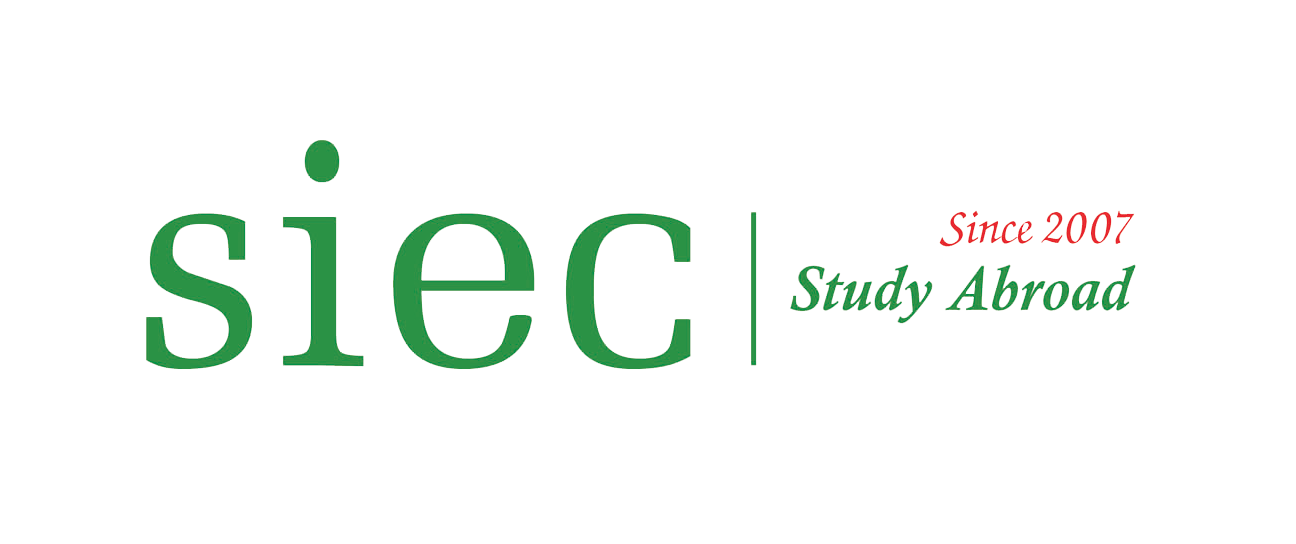Overview of Global Skills Strategy
Global Skills Strategy is a special program that allows foreign workers to move to Canada in just two weeks. It is one of the easiest and fastest ways to immigrate to Canada. The Canadian government designed this program to help Canadian employers attract skilled and talented foreign workers from around the world. Participants in this program benefit from expedited application processing, exemptions from a Labour Market Impact Assessment (LMIA), and enhanced customer service.
Eligibility for Global Skills Strategy
The program is exclusively for foreign citizens who must apply from outside Canada. Applicants need to submit the required documents to prove their eligibility and admissibility, including police certificates.
Types of Global Skills Strategy
Before applying under the Global Skills Strategy, applicants need to determine which category they fall into:
1. LMIA-Exempt Workers
To qualify under this category, applicants must be foreign workers and not permanent residents of Canada. An LMIA is not required for this category. The job must fall under NOC categories 0 or 1 in the National Occupational Classification (NOC) system under Training, Education, Experience, and Responsibilities (TEER). Examples include restaurant managers, mine managers, and professionals such as doctors, dentists, and architects.
Employer Requirements: The employer must provide a job offer to the foreign worker through the Employer Portal along with the employer compliance fee.
Note: International Experience Canada applicants are not eligible for two-week processing.
Researchers
Another category under LMIA-exempt workers includes researchers conducting research at a Canadian publicly funded degree-granting institution or affiliated research institution.
2. LMIA-Required Workers
The second category includes foreign workers who require an LMIA. Employers must have obtained a positive LMIA through the Global Talent Stream of the Temporary Foreign Worker Program.
Family, Spouses, and Dependents
Spouses and dependents can also accompany the applicant to Canada within two weeks under the Global Skills Strategy Program. This applies to applications submitted under visitor visas, work permits, and study permits. Common-law partners and dependent children must submit complete applications along with the worker.
How to Apply under Global Skills Strategy
Applications for the Global Skills Strategy program must be submitted online from outside Canada. The application must be complete, meaning all questions on the application form must be answered.
Necessary Requirements
Complete Application: The application must be complete and include proof of payment of application fees and all other required documents.
Medical Report: A medical report from a government-approved private or government hospital must be submitted.
Certified Translations: Certified translations must be provided for any documents not in English or French.
Biometric Results: Biometric results must be submitted within two weeks of submitting the application, if required.
If the application is incomplete and does not provide all required information and documents, processing may be delayed or the application may be refused. Therefore, it is crucial to ensure the application is complete before submission.
Tips for Faster Processing under Global Skills Strategy
To ensure faster processing, applicants should:
Apply from Outside Canada.
Submit a Complete Application.
Include Medical Exam Results, if Required.
Include Police Certificates, if Required.
Submit Certified Translations of Documents, if Applicable.
Pay Processing Fees.
Submit Biometrics within Two Weeks, if Required.
To expedite processing, it is also beneficial for the applicant and family members (spouse/common-law partner or dependent children) to apply together. However, the applicant does not need to apply separately for a visa or electronic travel authorization (eTA); these will be issued as part of the work permit application processing.
Requirements at Local Visa Offices
Canada’s visa offices abroad may provide specific instructions for work permit applicants. Applicants should consult the local visa office to ensure all required documents are included in their application.
Requirements for documents such as:
Police Certificates.
Biometrics.
may vary depending on the location.
Exemptions for Global Skills Strategy Applicants
Among applicants under the Global Skills Strategy, two types of workers do not require work permits for short-term work:
Highly Skilled Workers
Highly skilled workers must have a job classified under NOC categories 0 or 1 under the TEER system.
They are allowed to work for:
Up to 15 consecutive days once every six months.
Up to 30 consecutive days once every 12 months.
Researchers
Researchers must meet the following requirements:
Research must be at a Canadian publicly funded degree-granting institution or its affiliated research institution.
Work must be for a period of 120 days in Canada once every 12 months.
Extending Worker Stay
If a worker wishes to extend their stay in Canada after their exemption ends, they have two options:
Apply for a work permit from outside the country.
Wait until they are eligible to use short-term work permit exemption again.
Waiting Periods
After using any short-term exemption, a worker must wait:
Six months to use a 15-day exemption again.
Twelve months to use a 30 or 120-day exemption again.
For example, if a worker entered Canada using a 15-day work permit exemption, they must wait at least six months before using another 15-day exemption.
Explore Your Options for Immigration and Work in Canada
For aspiring workers looking to live and work in Canada, there are several options available. Find your best option with the assistance of Canada immigration experts at SIEC. Contact us now for detailed guidance!


